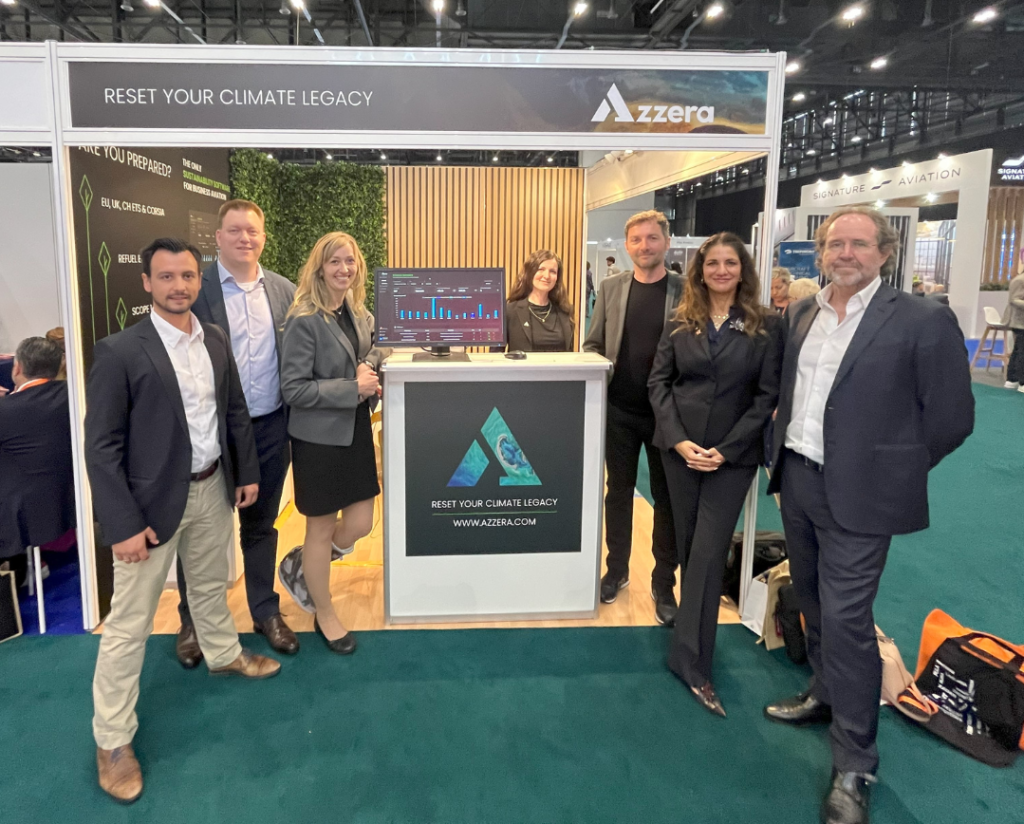Greenwashing is when a company focuses on advertising their products and activities as being environmentally friendly while in reality, they have made no meaningful commitments to reduce their carbon footprint.
Why do companies engage in greenwashing?
There has been increasing social pressure for businesses to adopt sustainable practices. Companies are seeking to appeal to customers who are environmentally conscious. Sustainability has also been proven to have positive impact on financial performance1 and therefore business want to benefit from the positive impact of adopting sustainable business practices.
One way companies can reflect that they are taking action is investing in carbon credits to offset their carbon footprint. However, some companies choose to select poor quality and low impact carbon credits just to appear sustainable. They have neither taken meaningful action to reduce their emissions or carefully vet their credits. This is considered greenwashing.
How to avoid greenwashing in voluntary carbon markets.
Voluntary carbon markets function outside of compliance markets and enable companies and individuals to purchase carbon offsets on a voluntary basis .As the climate crisis accelerates, we cannot overlook the positive contribution of carbon offsets.
Buyers of voluntary carbon offsets need to undertake due diligence when selecting projects to ensure that the activities represent verifiable reduction or removal of greenhouse gas emissions. They should consider the following elements in selection: –
- Mechanism – Avoidance or Removal
- Additionality – If the project would not have happened with the financing from carbon credits
- Permanence – The time period for which the carbon stays out of the atmosphere
- Co-benefits – The impact of the project on other aspects of the environment or the community.
- Verification-Consider projects that are objectively verified by external assurance providers.






